ASEAN is the region’s leading diplomatic organization and Australia has signaled it wants to devote more time and resources to deepening its ties with the region – particularly economic ties.
Australian diplomats have worked hard in recent years to build strategic and (in some cases) defense ties with countries across Southeast Asia. But the stark reality is that Australia’s economic engagement with these countries simply hasn’t kept pace with the region’s rapid growth.
Special Conference
In a bid to restore its position as an important economic partner of Southeast Asia, Australia will host a Special Summit with leaders from ASEAN on March 4-6 in Melbourne.
The summit offers an opportunity to lay the foundations for what Australian Prime Minister Anthony Albanese calls his country’s “economic future” in Southeast Asia. It also marks half a century since Canberra became ASEAN’s first dialogue partner.
This is not the first time Australia has hosted an event like this. Under Prime Minister Malcolm Turnbull, ASEAN leaders were hosted in Sydney in 2018.
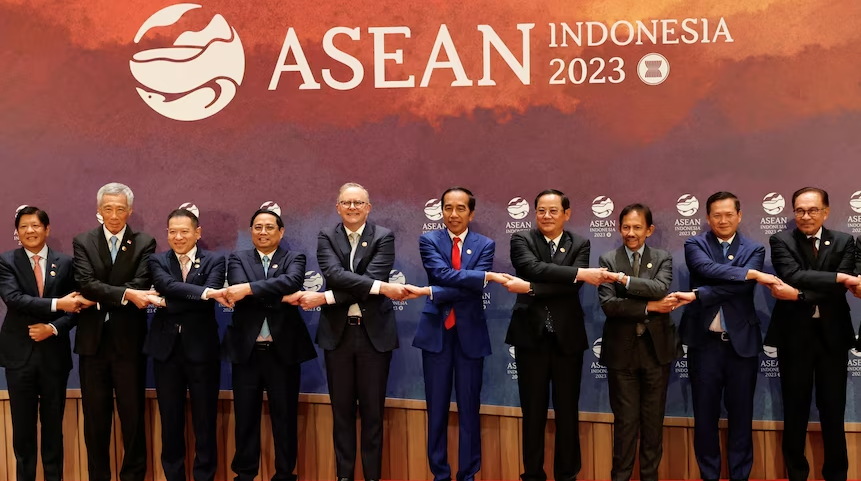
Australia will host a Special Summit with leaders from ASEAN on March 4-6, 2024 in Melbourne. Photo: ABC Net News
This time, the summit promises to feature veteran regional leaders, such as Indonesian President Joko Widodo and Singaporean Prime Minister Lee Hsien Loong, as well as enthusiastic young leaders such as Cambodian Prime Minister Hun Manet.
The Australian side would like to be able to take advantage of every opportunity to push its economic agenda in Melbourne, but the reality seems to be that Prime Minister Albanese and Australian Government officials have to spend at least half their efforts convincing Australian businesses to invest in the region, rather than convincing Southeast Asia to open its doors.
A meeting planning note obtained by the ABC also makes clear that Mr Albanese will not arrive empty-handed, signalling a series of “bundles of initiatives” to strengthen and deepen ASEAN-Australia cooperation.
“The pastures are greener”
At the ASEAN Summit last September in Jakarta, Indonesia, Mr Albanese presented a report titled “Invested” on Australia’s Southeast Asia economic strategy to 2040, signaling his government’s interest in strengthening trade and investment ties with its closest neighbors in the region.
“This is where Australia’s economic destiny is decided and where our shared prosperity can be built. This is where, working together, the peace, stability and security of this region – and the Indo-Pacific – can be secured,” Mr Albanese said at the time.
Invested – now widely known as the “Moore Report”, led by investment banker Nicholas Moore, who is credited with building Macquarie Group’s Asia-Pacific footprint – outlines how ASEAN member states have outpaced the growth of Australia’s traditional economic partners and will continue to do so.
However, Australia's share of trade in the region has stagnated for two decades and by 2022 the region accounted for less than 3% of Australia's foreign investment, which had more than halved in the previous five years.

Australian Prime Minister Anthony Albanese. Photo: Getty Images
Add to that the tensions with China since the Covid-19 pandemic and Australia’s need to seek “greener pastures,” not just for continued growth but also to “de-risk,” and Australia’s “pivot” to Southeast Asia seems like a no-brainer.
Curiously, while ASEAN’s share of global foreign direct investment flows has more than doubled in a decade to 17.3% by 2022, Australia’s contribution to the sector has shrunk. Not only are traditional intra-ASEAN investments or heavyweights like the US, UK, China, Japan and South Korea ahead of Australia, but so are French and Dutch firms.
“Australian businesses have a lot to offer. At the same time, they also have a lot of work to do to build their ‘Asian Capability’ to support expansion into new markets,” Leigh Howard, CEO of Melbourne-based consultancy Asialink Business, told the Straits Times, noting that Australia is not the only country competing to enter the region.
“How we engage, foster relationships and build a deeper understanding of local markets… will be crucial to the success of Australian businesses venturing into Southeast Asia,” Mr Howard said .
Minh Duc (According to Straits Times, ABC Net News, Reuters)
Source






![[Photo] Closing of the 14th Conference of the 13th Party Central Committee](https://vphoto.vietnam.vn/thumb/1200x675/vietnam/resource/IMAGE/2025/11/06/1762404919012_a1-bnd-5975-5183-jpg.webp)



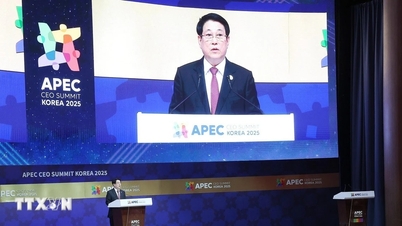

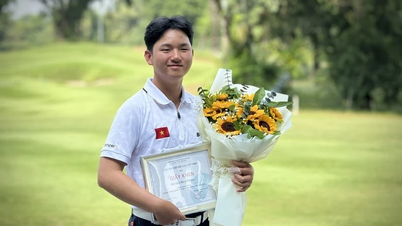

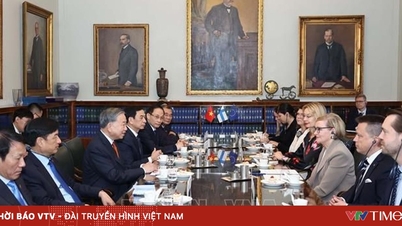

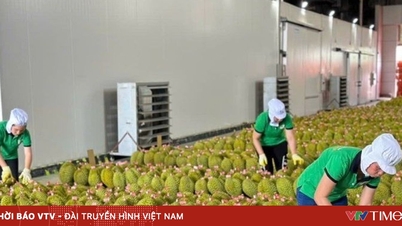

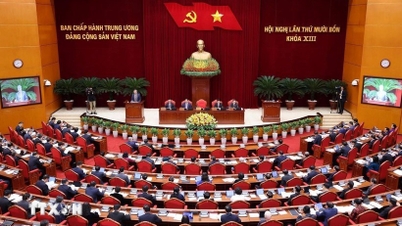

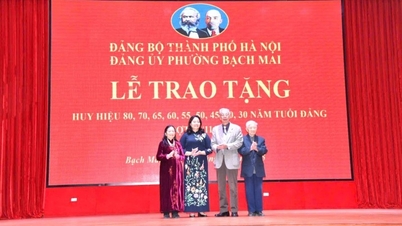




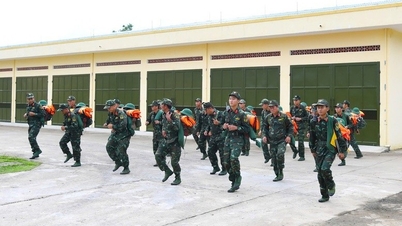
































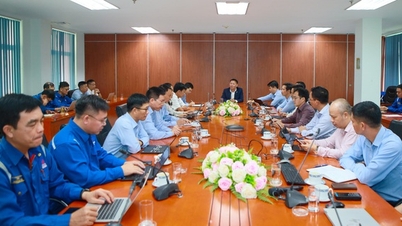

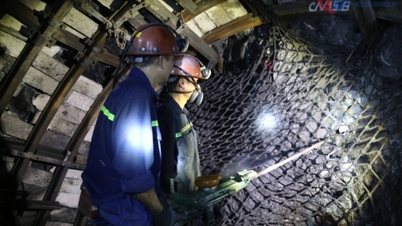

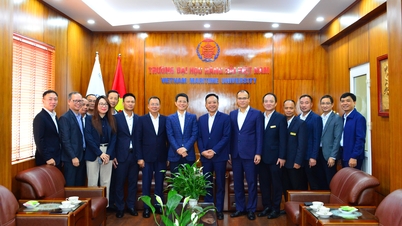

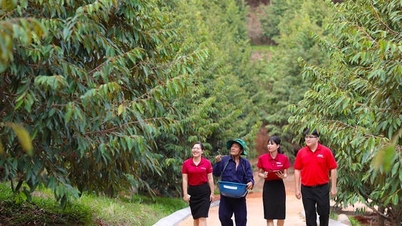







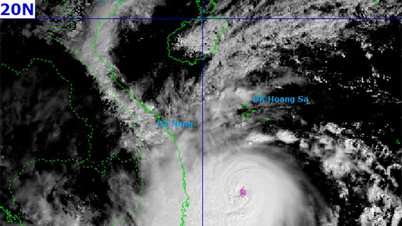






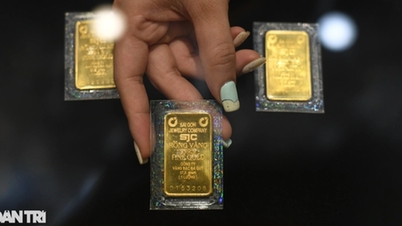






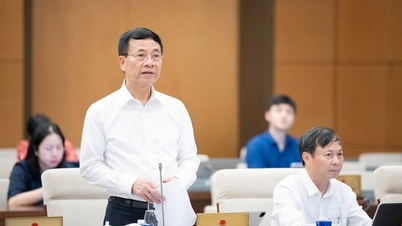



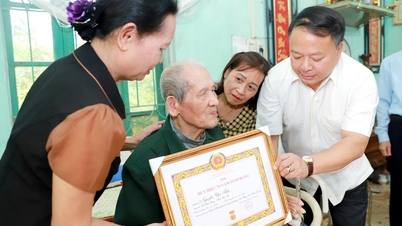

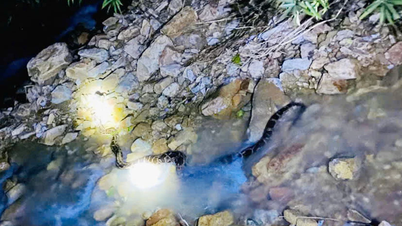

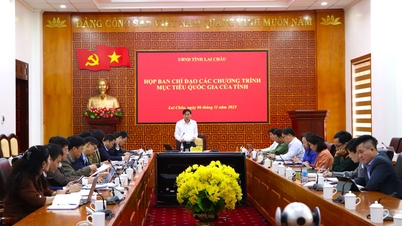
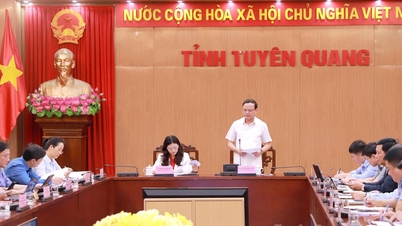
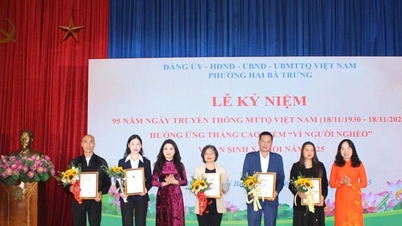

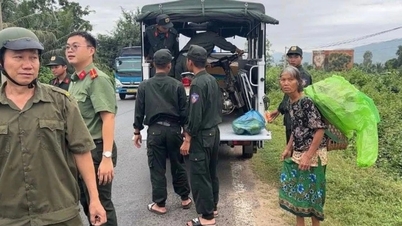









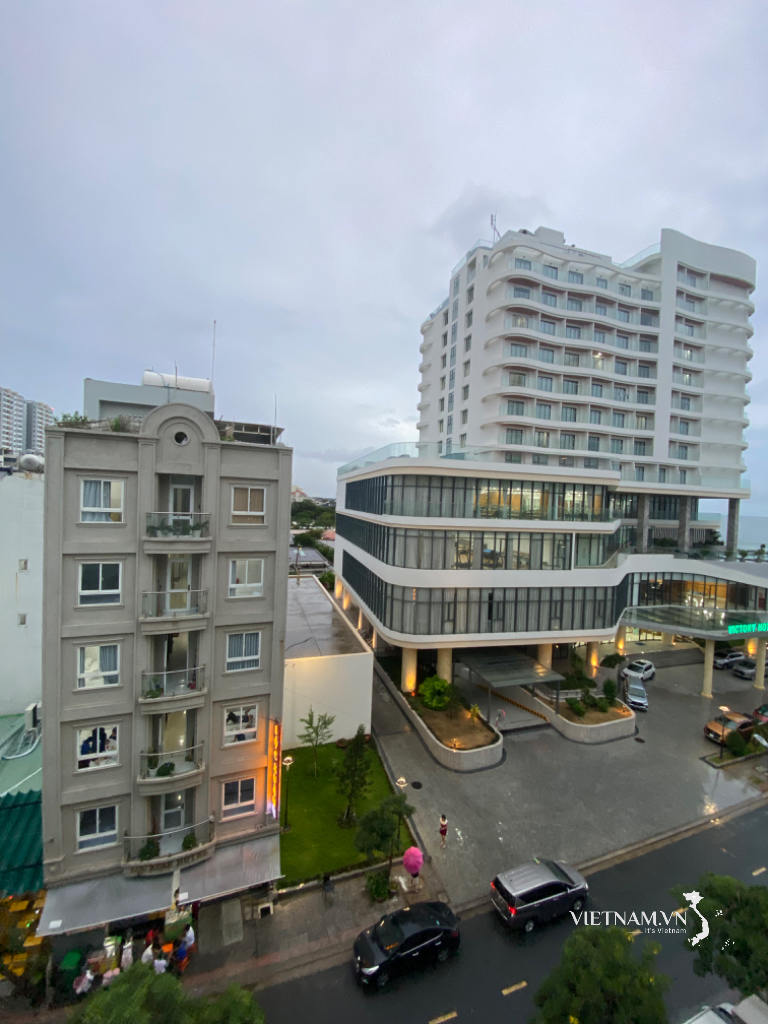


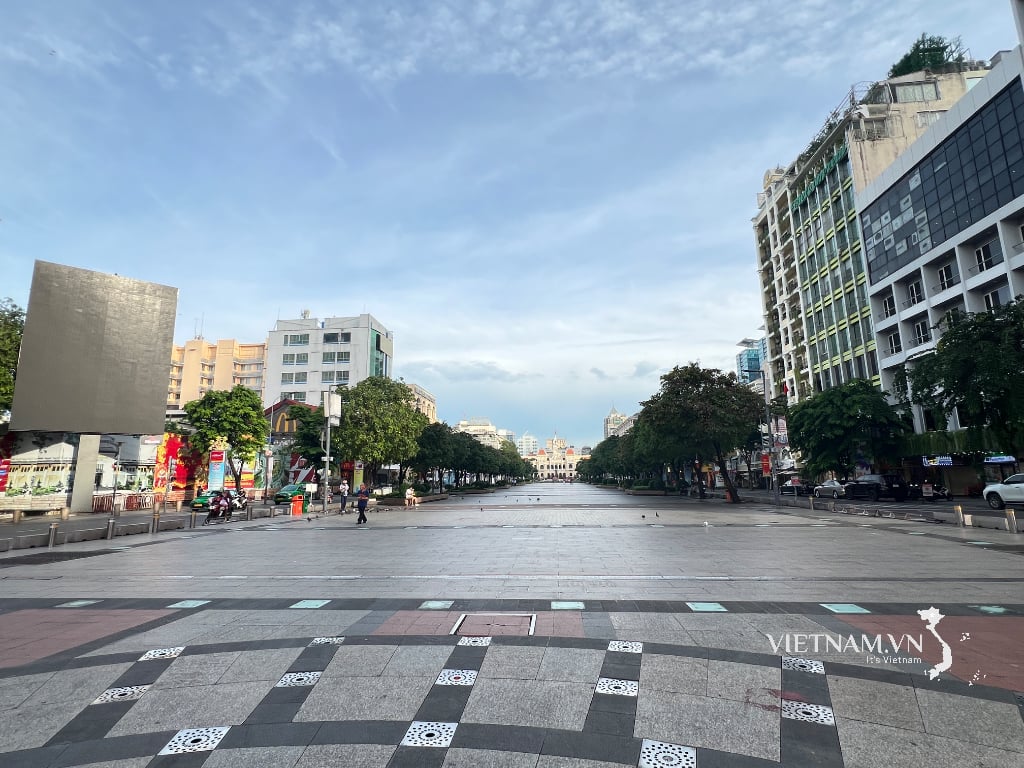
Comment (0)